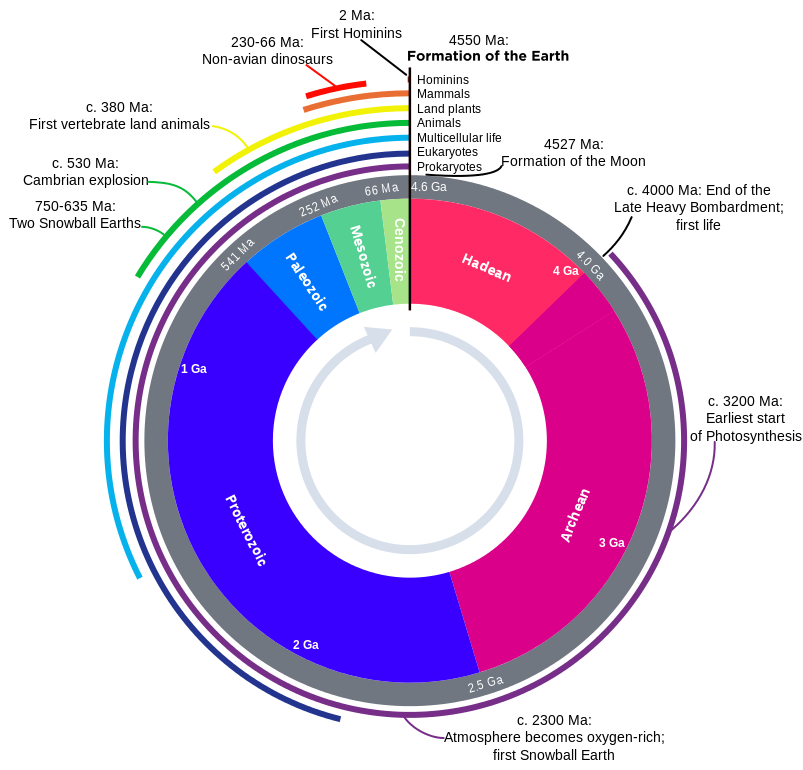It seems unlikely that your web app will still be around on Sun Aug 17 17:12:55 EST 292278994
(as calculated by others). It seem even more unlikely that you will still be responsible for the web app then. (If you are still responsible for it, you will probably be paid at a higher rate in the future, so let it slide for now and collect the big bucks later:)
It is much, much more likely that the system clock is set incorrectly to some outlandish value. You can prepare for this relatively easily - pseudocode below
long reasonableDate ( )
{
long timestamp = System.currentTimeMillis();
assert timestamp after 2010AD : "We developed this web app in 2010. Maybe the clock is off." ;
assert timestamp before 10000AD : "We don't anticipate this web app will still be in operation in 10000AD. Maybe the clock is off." ;
return ( timestamp ) ;
}
If you are alive when any one of those assertions is triggered, then you can probably charge your clients big bucks for either fixing the system clock or changing the assertion (as appropriate).

